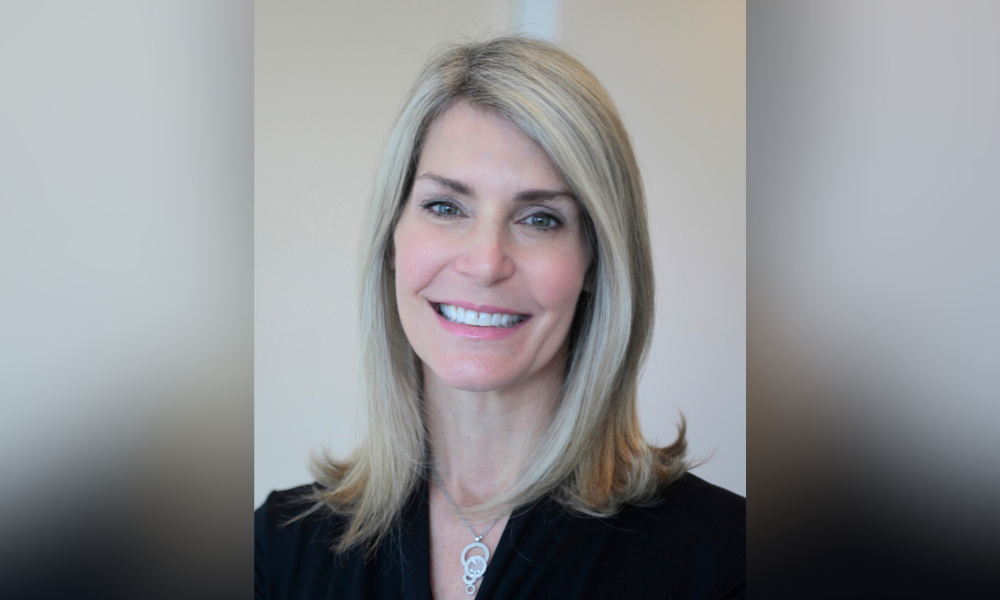
Mary Alice Vuicic, CPO at Thomson Reuters, on how to manage transparency in generative tech rollouts

Sixty seven percent of employees believe that AI will have a transformational impact on their careers, according to a recent report from The Thomson Reuters Institute. After interviewing 1,200 professionals in the legal, tax and accounting and risk industries, the data found that AI is set to make work more meaningful, less stressful and, crucially, more human.
Speaking to HRD, Mary Alice Vuicic, chief people officer at Thomson Reuters, says that this report is reflective of the employees’ general sentiments around generative AI.
“Across the board, people believe that AI eliminates the repetitive transactional lower-level tasks that tend to take up a significant amount of time,” says Vuicic. “Those can be automated in many cases for the professionals we serve and our employees in-house, enabling them to move up the value chain and do work that is more aligned to why they entered the profession. More consulting, more advisory, more business partnership work.
“It automates work and enables higher accuracy, depending on the tools that you're using and how you're using them, eliminating some of the fear of mistakes that creates stress for professionals.”
Vuicic’s views seem to resonate with the industry as a whole. A report from SnapLogic, 56% of employees are already using AI at work, with 81% adding that it’s actually improving their work performance. And while the benefits of AI are very apparent, for some employees the advent and roll out of new tech can cause some anxiety. This is why at Thomson Reuters, Vuicic is clear and transparent with their people from the off.
“Our approach has been very clear from the start,” she tells HRD. “We want to help people be informed and help people feel empowered to learn to grow to use the tools to understand them. We've leaned in hard on learning experimentation. Last April we launched our very first global learning day around AI – focused on what AI is, what machine learning is, what generative AI is and how we're using it for our customers.”
Vuicic’s team also debuted shortly an internal tool called Open Arena, which gives employees the opportunity to experiment with large language to complete work in a safe secure environment.
“We also launched a an AI training program, six hours of training for all employees, and AI for technologists - which is eight hours of training for people in technology-related roles. We saw over 17% increase in recorded training hours last year - that's almost 20 hours more per colleague in our company. So that's huge – it’s by far the greatest increase in training and the greatest number of training hours we've ever seen at Thomson Reuters.”
By getting employees involved in the AI roll out process from the start, it mitigates any fears around automation and layoffs – something that can’t be understated in the current economic climate.
“We have the educational training modules – our people designed the programs leveraging a mix of external and internal content. We also have hands on experience, which we think is so critical. An example of that is hackathons that we've been running to [encourage] technologists to use AI.”
The came to a head recently when 100 engineers participated in a hackathon. Despite the fact over three quarters of the of the group had never used AI before, after the event 80% promised to use it in the future.
“They had to have that hands on experience – it’s really, really important. In our view, you can’t just do training modules and education. You have to get people using it, experimenting and getting comfortable with making mistakes.”